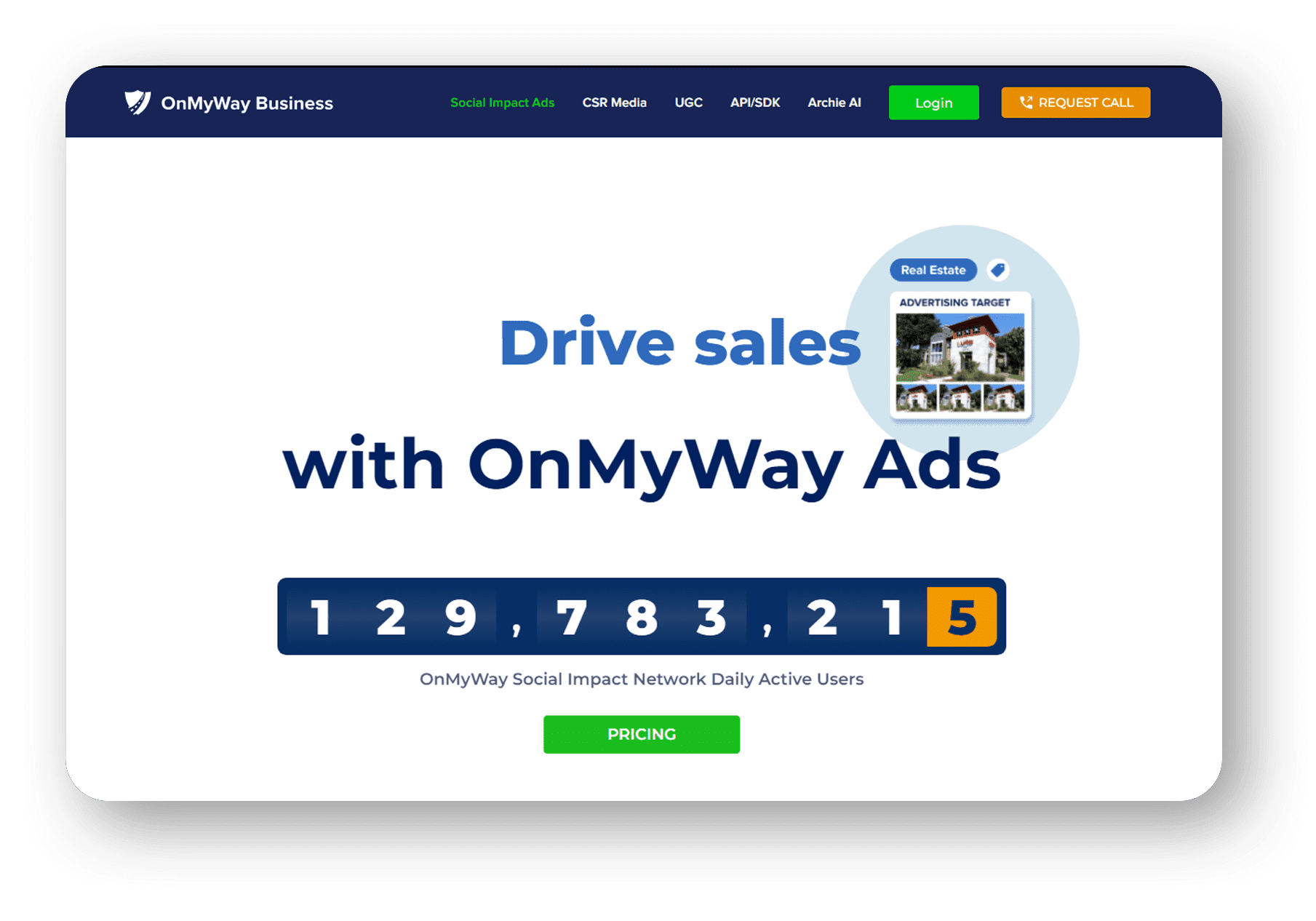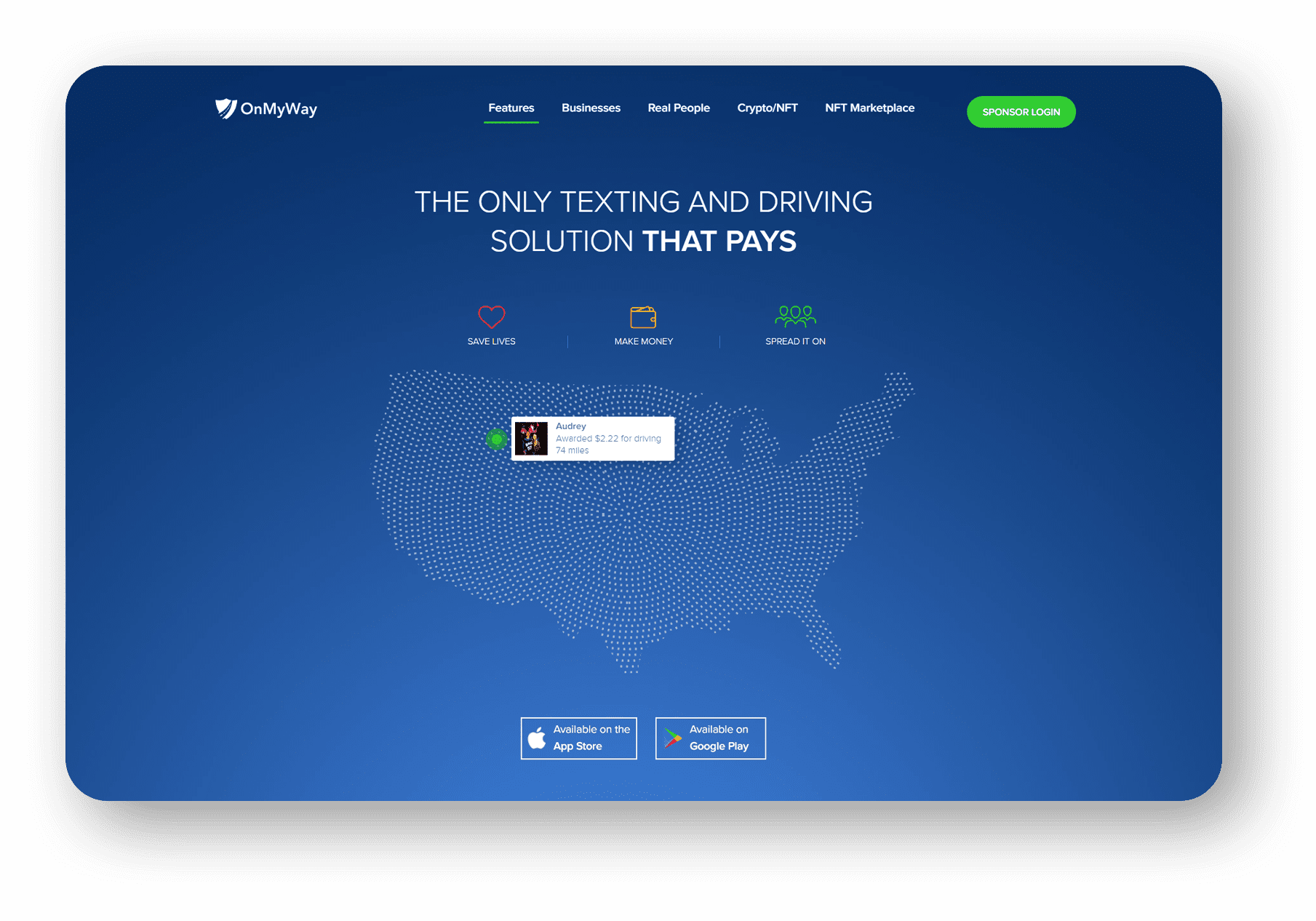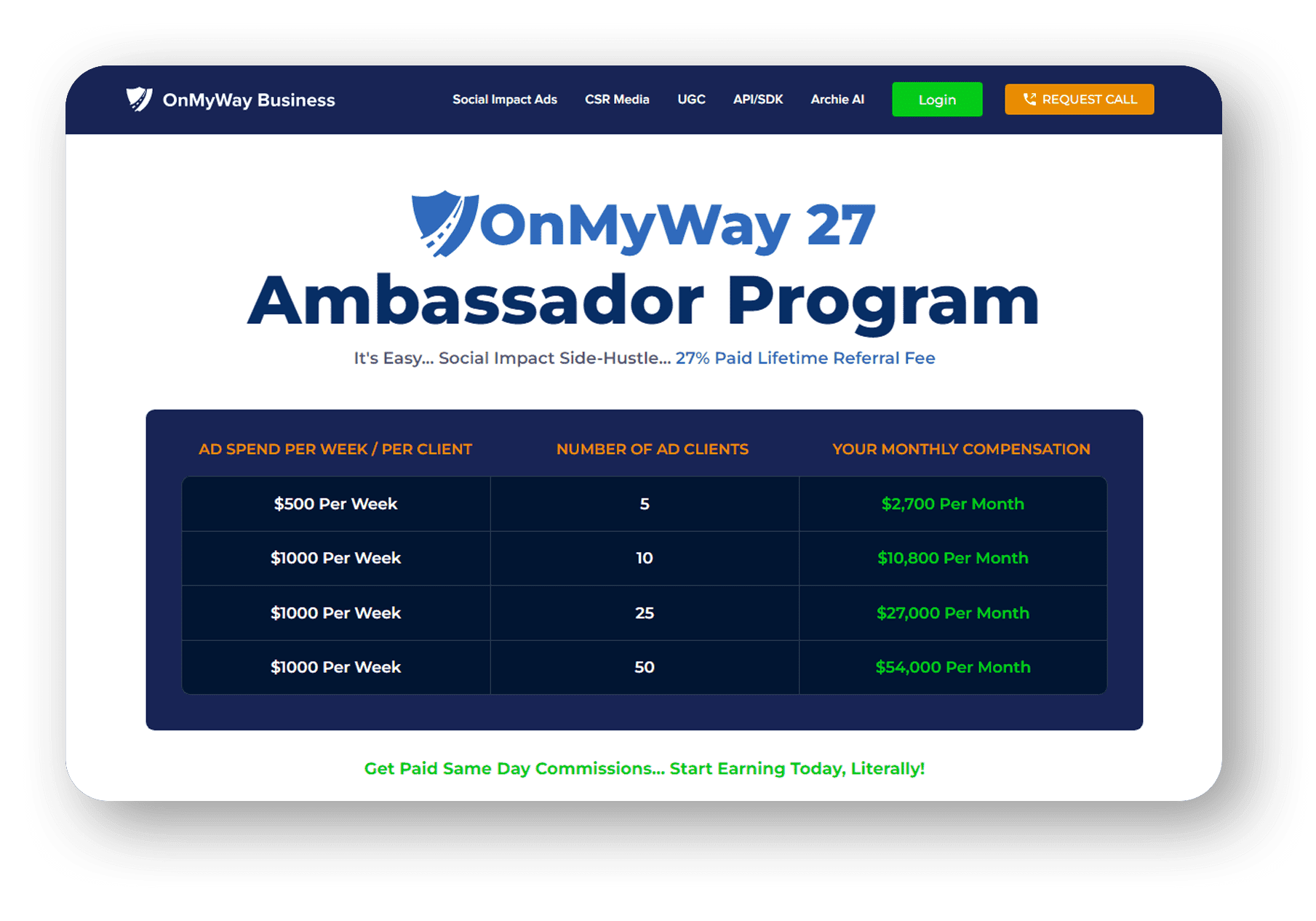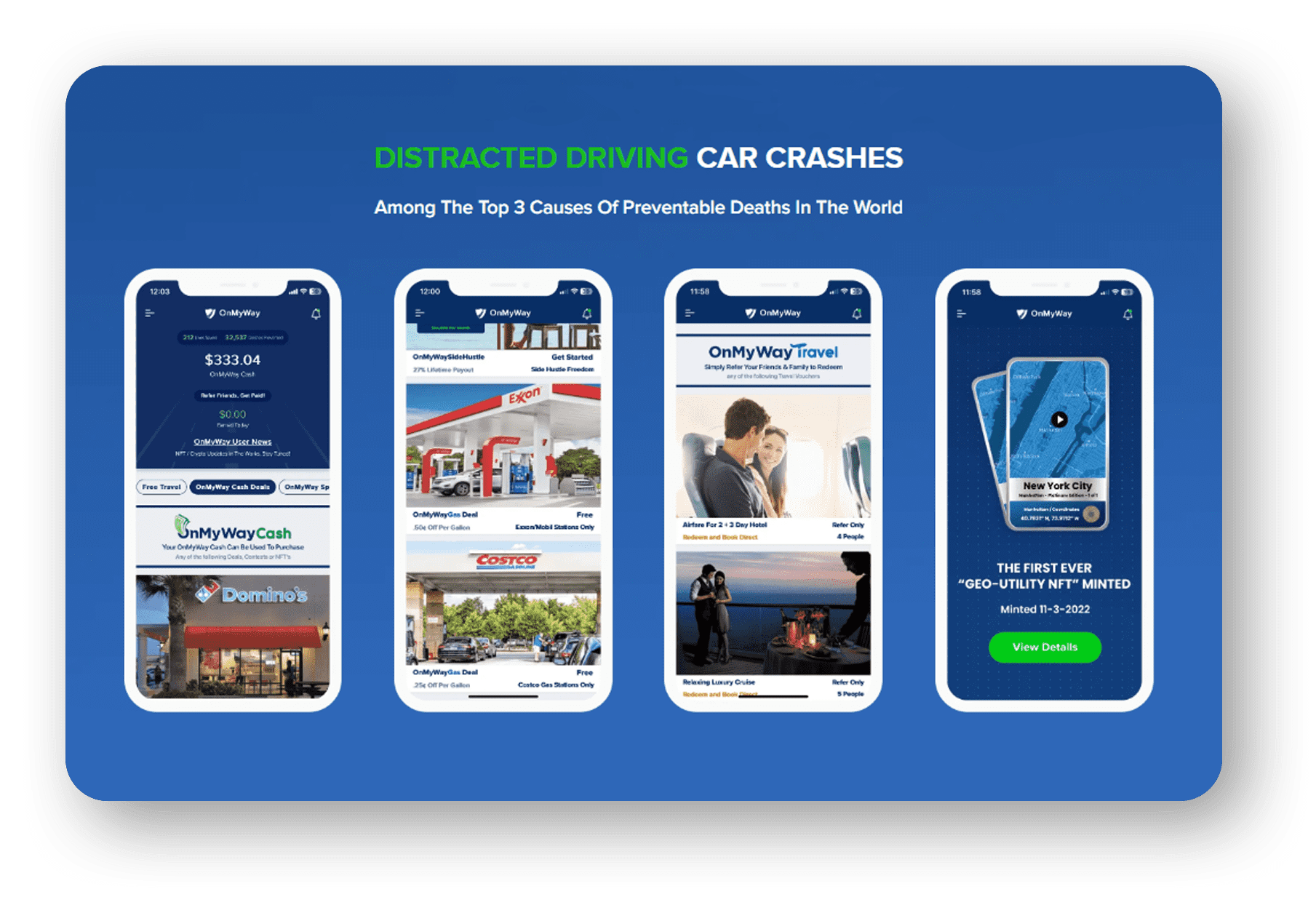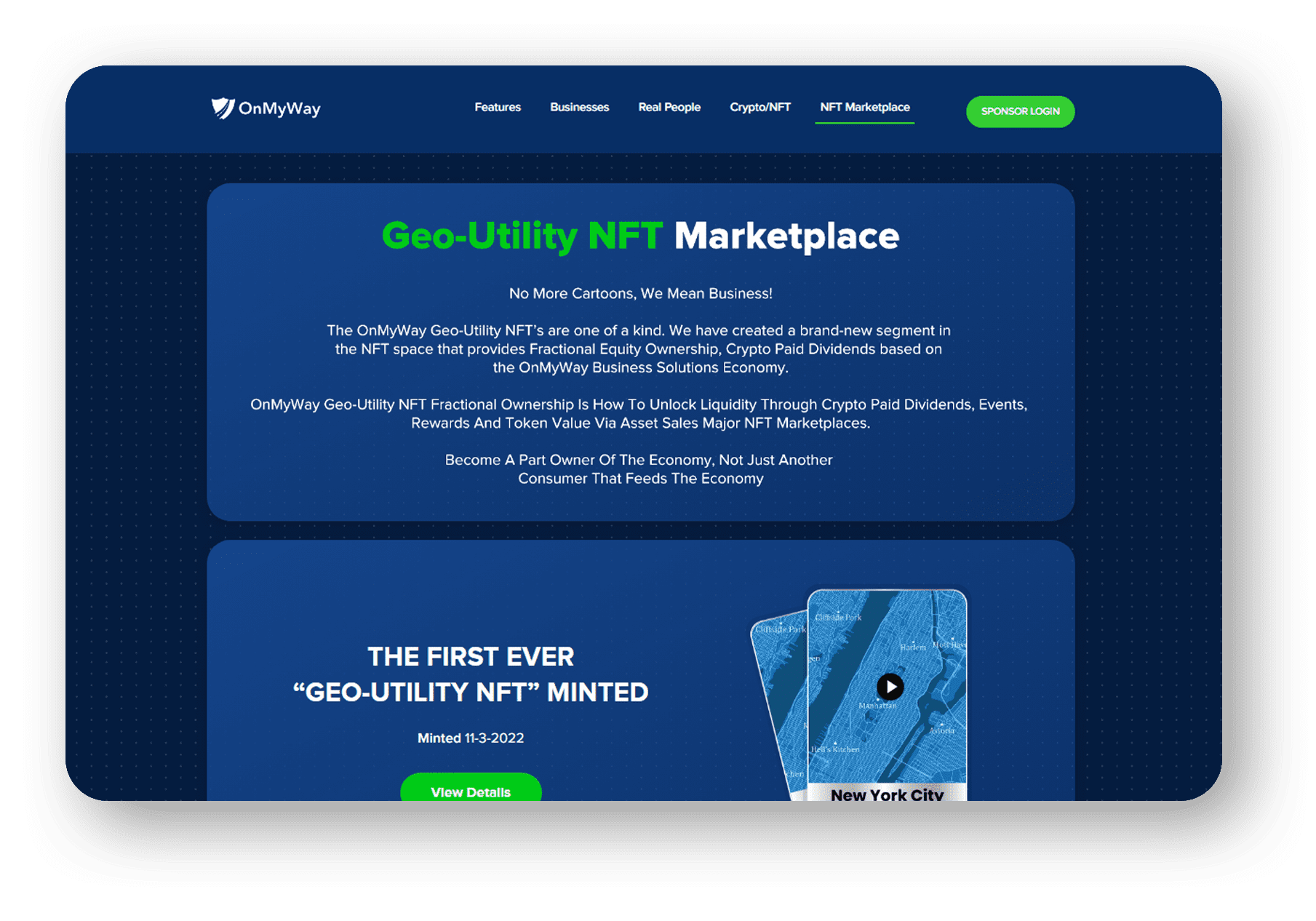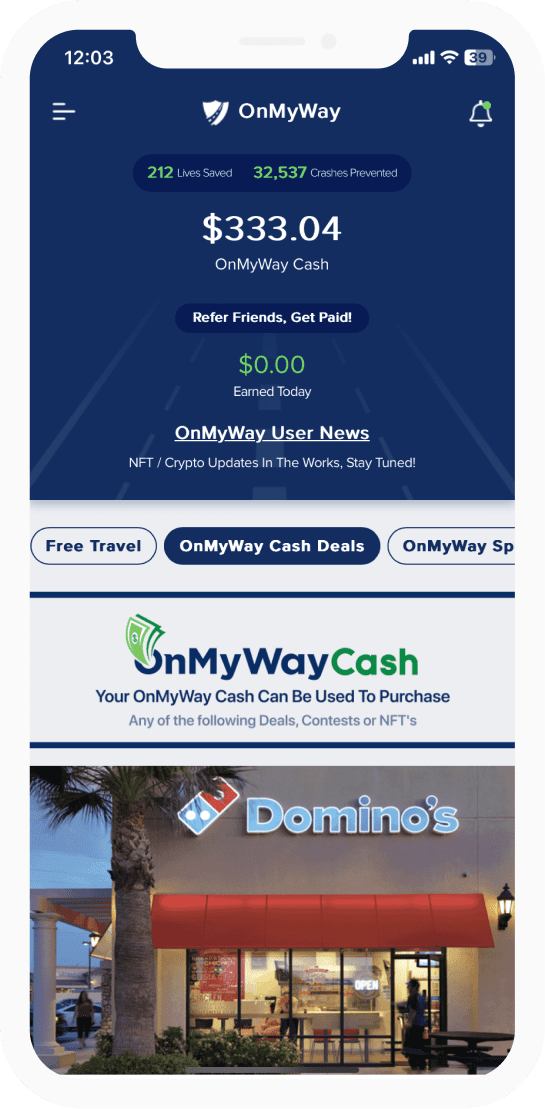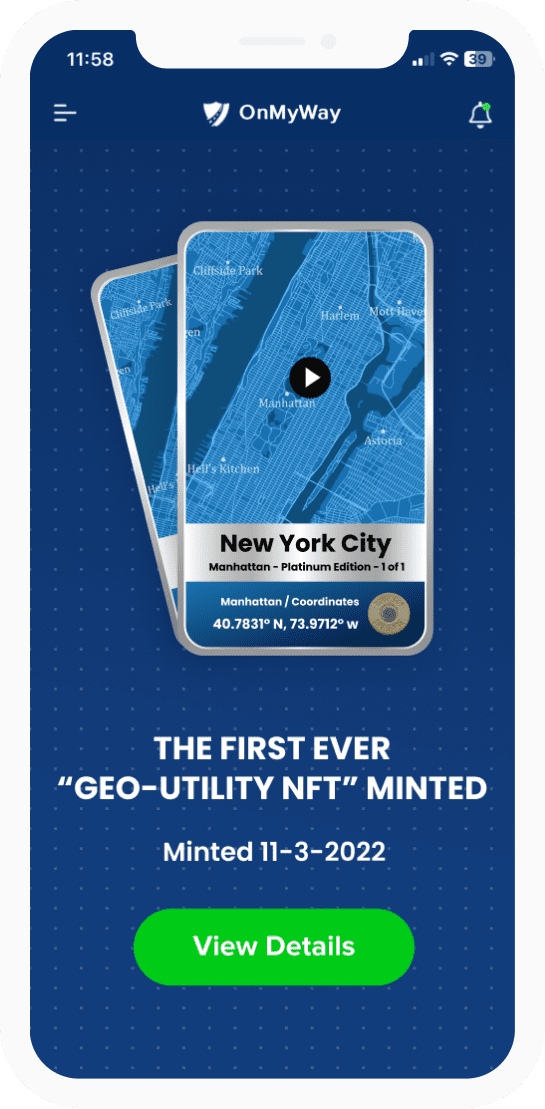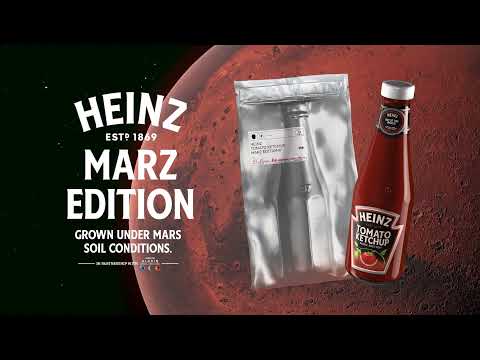
For decades, anybody searching for the “taste” of the Apollo moon program could reach for those little packets of freeze-dried ice cream that were created to bring America’s first astronauts some ersatz comfort food on their journey to the lunar surface.
Now with travel to Mars on the horizon, the time has come for space ice cream to step aside and make room for the flavor of a new era of planetary travel: tomato ketchup, the “Marz Edition.”
Heinz, a company synonymous with ketchup, successfully funded and collaborated with biologists at Florida Tech’s Aldrin Space Institute to grow tomatoes in Mars-like conditions here on the Space Coast to show once and for all that even on faraway worlds humans can have the perfect condiment.
The experiment is the first of its kind. It actually produced a single bottle of ketchup that was unveiled on Nov. 15 at Heinz HQ in Pittsburgh, Pennsylvania.
With the help of 14 graduate and undergraduate students, Andrew Palmer,associate professor of biological sciences at Florida Tech, grew 450 tomato plants in regolith, the loose unconsolidated rock and dust that cover planets like Mars.
Heinz was certainly proud of the accomplishment that took two years to complete.
“The team successfully yielded a crop of Heinz tomatoes, from the brand’s proprietary tomato seeds, with the exacting qualities that pass the rigorous quality and taste standards to become its iconic ketchup,” the company said in a statement.
While Heinz has no plans to sell any of its Marz Edition ketchup just yet, the project represents more than just space-age, pop-culture marketing. There was serious science behind it with implications for life on earth as well as on the red planet as scientists look to grow food in poor soils.
“Before now, most efforts around discovering ways to grow in Martian-simulated conditions are short-term plant growth studies. What this project has done is look at long-term food harvesting,” said Palmer in a news release from Heinz.
One of the biggest hurdles with producing food on Mars, Palmer said, is the difference between Earth and Martian soil. According to Palmer, the key difference is that Martian soil isn’t really soil. Regolith “doesn’t have any organic matter, so there’s nothing alive…so there’s not a lot of organic material there,” said Palmer.
To mimic Martian regolith, the team used 7,800 pounds of soil from the Mojave Desert — a terracotta-colored grit that is similar to Martian regolith, according to a statement released by the Florida Institute of Technology. Though the regolith is dry and fine, the team found that it didn’t require more water to sustain the plants than it would have with normal soil.
The tomatoes grew in a greenhouse at Florida Tech’s Center for Advanced Manufacturing and Innovative Design in Palm Bay referred to as the “Red House.” Temperatures at the Red House fluctuated between 73 and 83 degrees Fahrenheit, depending on if it was nighttime or daytime, Palmer said.
The tomatoes produced under these conditions were held to high standards, said Palmer. Heinz has “Tomato Masters” who inspect the quality of the tomatoes grown to ensure that they meet professional food-grade standards.
When Palmer and his team tried the tomatoes, he said they tasted like tomatoes grown from normal soil. “For me the biggest thing was smell…They have very strong like tomato quality smell to them,” Palmer said.
The two-year partnership started with an email that Palmer initially thought was a prank. However, after a second read-through, Palmer realized Heinz was interested in partnering with his lab to cultivate Martian tomatoes, said Palmer.
Heinz was most certainly crowing about the achievement.
“We’re so excited that our team of experts has been able to grow tomatoes in conditions found on another planet and share our creation with the world. From analyzing the soil from Martian conditions two years ago to harvesting now, it’s been a journey that’s proved wherever we end up, HEINZ Tomato Ketchup will still be enjoyed for generations to come,” Cristina Kenz, chief growth officer for Kraft Heinz International Zone, said.
Though the project is now over, the research has cross-planetary implications.
Palmer’s team documented every part of the process: fertilizer used, details of the water used, and temperatures. The information is crucial for trying to duplicate the experiment on Mars. But Palmer said that the information would also benefit agricultural systems here on earth.
“As we think about sustainable agriculture here, the same concerns about inputs need to be considered here, right? So as we develop modern agriculture, some of you know our green revolution that we’re trying to generate now, part of that is knowing exactly how much fertilizer you’re using and optimizing that so that you don’t get run off right. So that you don’t have wasted fertilizer that pollutes our lakes or lagoons,” said Palmer.
Though the results from the project were fruitful, Palmer said that it’ll be a while before astronauts will be planting food on Mars.
“We’re making more and more progress. I think this is an important component of that. But…what I hope really is the most important thing from this, is it draws attention back to the field and gets people really thinking more about funding this research and the importance of this research in planning for that,” said Palmer.
OVERVIEW
OnMyWay Is The #1 Distracted Driving Mobile App In The Nation!
OnMyWay, based in Charleston, SC, The Only Mobile App That Pays its Users Not to Text and Drive.
The #1 cause of death among young adults ages 16-27 is Car Accidents, with the majority related to Distracted Driving.
OnMyWay’s mission is to reverse this epidemic through positive rewards. Users get paid for every mile they do not text and drive and can refer their friends to get compensated for them as well.
The money earned can then be used for Cash Cards, Gift Cards, Travel Deals and Much, Much More….
The company also makes it a point to let users know that OnMyWay does NOT sell users data and only tracks them for purposes of providing a better experience while using the app.
The OnMyWay app is free to download and is currently available on both the App Store for iPhones and Google Play for Android @ OnMyWay; Drive Safe, Get Paid.
Download App Now – https://r.onmyway.com
Sponsors and advertisers can contact the company directly through their website @ www.onmyway.com.



